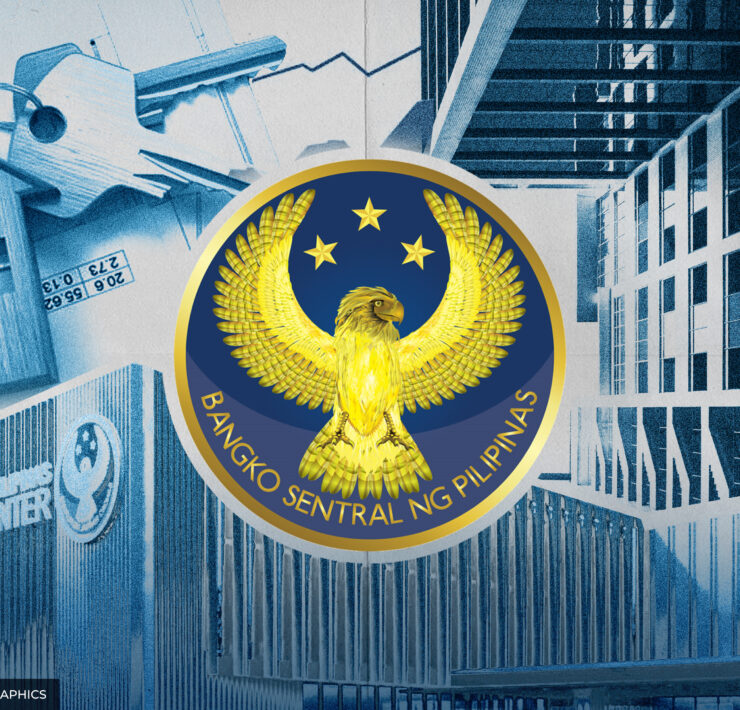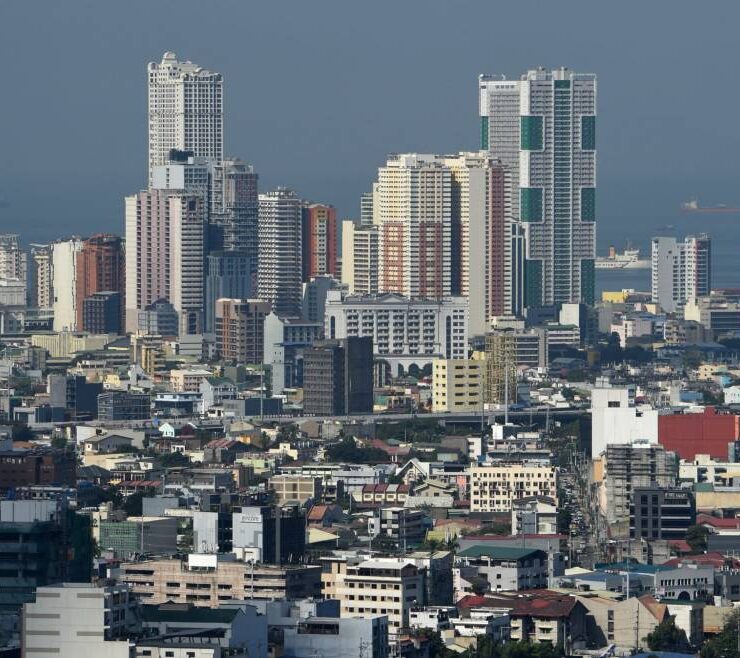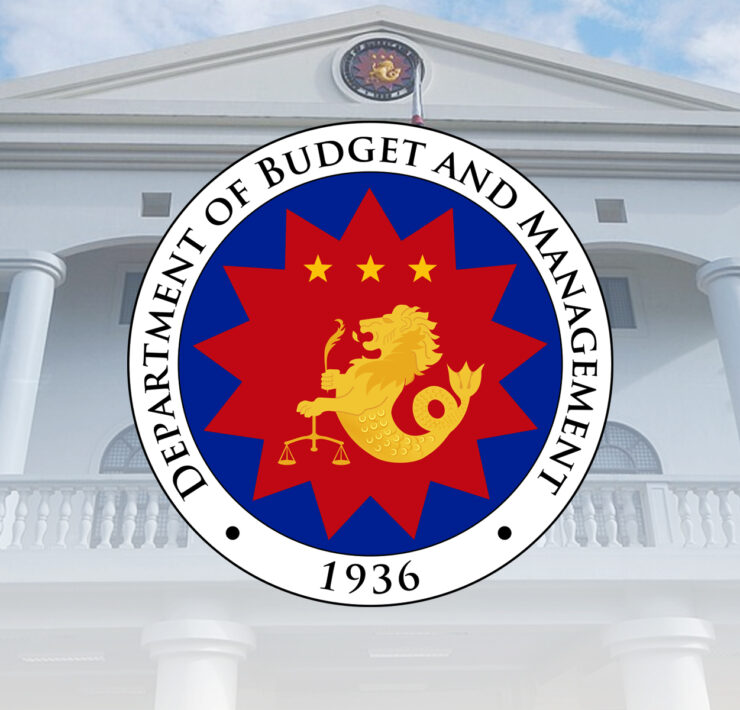Ledger of truth

Every year, all eyes and ears are on the national budget.
Understandably and rightfully so, as the passage of the national budget commands headlines and debates. It is the single most important document that determines where government resources will flow.
In 2025, the enacted national budget amounts to P6.3 trillion, with substantial portions earmarked for education, infrastructure, health, defense and digitalization.
The budget is 22 percent of gross domestic product, marking a 10.1-percent increase from 2024’s P5.768 trillion. It is framed under the theme “Agenda for Prosperity: Fulfilling the Needs and Aspirations of the Filipino People,” as the budget seeks to build on the gains of President Marcos’ first two years, advancing economic and social transformation toward a more prosperous, inclusive and resilient society.
Guided by the Philippine Development Plan 2023-2028, it prioritizes human capital, job creation, competitive industries and a supportive environment for growth.
But it can be a double-edged sword. It is both a blueprint of the nation’s priorities and a black box for ordinary citizens. Technical language, voluminous documents and bureaucratic processes make it nearly impossible for the public to monitor allocations. Oversight, in practice, is limited to a few watchdogs and auditors. For taxpayers who fund this massive expenditure, the lack of visibility breeds doubt.
From a fintech and finance standpoint, the budget is not just about items and appropriations. It represents the state’s commitment to foster innovation and inclusion. These allocations are critical, especially in a country where approximately 37.6 million Filipinos remain unbanked, and only 50 percent of Filipino adults own financial accounts as of mid-2025, according to the World Bank.
That is why we need to create fail-proof, independent mechanisms to track these resources. If not, we risk leaving these commitments on paper.
For what use is a fintech development fund if beneficiaries cannot confirm how much was disbursed or where it went?
Digital ledger
This is where technology, specifically blockchain, can play a game-changing role.
Senator Bam Aquino has filed the “Blockchain the Budget Bill,” a groundbreaking proposal that integrates blockchain technology into the government’s budgeting system.
At its core, blockchain is a digital ledger. Think of it as a notebook that records transactions. But unlike an ordinary notebook, this ledger is not kept in one office or one server. It is distributed across many computers, making it virtually impossible to tamper with. Once an entry has been made, it cannot be erased or altered without leaving a visible trail.
Let us apply this principle to the P6.3-trillion national budget. Every allocation—from a road project in Mindanao to a digital literacy program in northern Luzon—can be logged on a blockchain system. Each peso spent becomes a digital public asset, traceable in real time.
Democratizing oversight
It is similar to how we track delivery packages online: you know when your item left the warehouse, when it’s in transit and when it arrives at your doorstep. With blockchain, we can track budget items the same way. Citizens can verify if the funds for their new local school building have been released, when the project started, and whether it was completed as promised.
This removes layers of opacity. No more waiting for complicated Commission on Audit reports or deciphering lengthy press releases. Oversight becomes accessible to every citizen with a smartphone or internet connection.
Of course, challenges are expected. Blockchain is new, and public understanding is limited. Skeptics worry about security and implementation costs.
But innovation has always been about taking bold steps. With proper safeguards, education and phased rollout, blockchain can transform governance from promise to proof.
If the Philippines succeeds, we will be among the first nations to adopt blockchain for public budgeting at scale; a move that would not only place us on the global map for digital governance but also inspire investor confidence. More importantly, it would empower ordinary Filipinos, turning passive taxpayers into active stakeholders.
Transparency is the bedrock of good governance. This is a chance to move from promises to proof, from opacity to openness. With blockchain as a ledger of truth, every peso tells a story, and for the first time, that story will be visible to all.
(Lito Villanueva is executive vice president and chief innovation and inclusion officer at RCBC. He is also the founding chair of Fintech Alliance PH, the first global chair of the South Africa-based Alliance of Digital Finance Associations, cofounder of the Asia FinTech Alliance, and a permanent council member of the Asean FinTech Forum.)





















